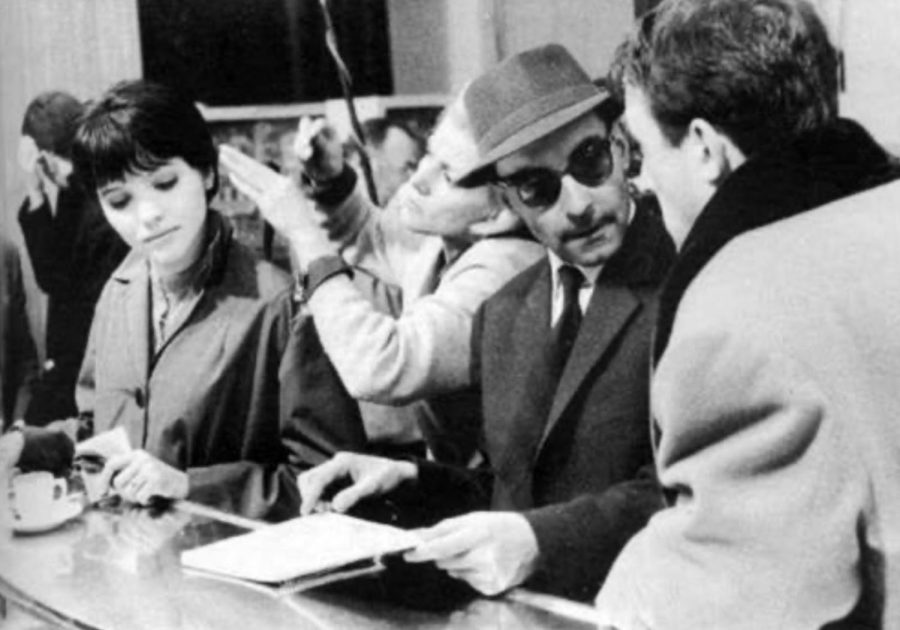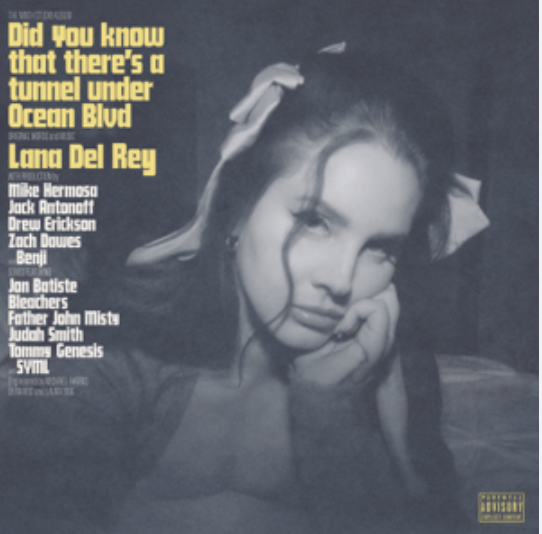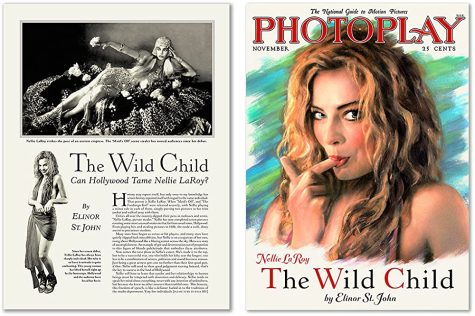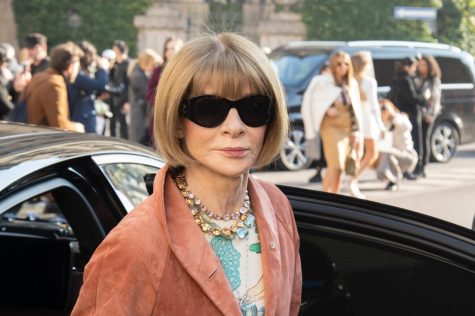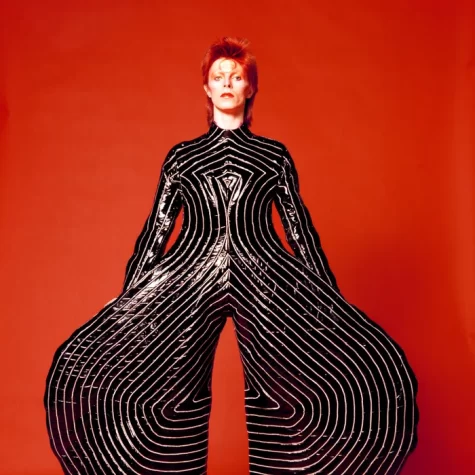The Father of ‘la Nouvelle Vague:’ An Ode to Jean-Luc Godard & his Legacy
“The problem of talking to people is that I have always confused cinema with life… To me, life is just part of films.” – Jean-Luc Godard
On the morning of Tuesday the 13th of September, French-Swiss director Jean-Luc Godard was pronounced dead at age 91 in the company of his partner Anne-Marie Miéville. Godard was one of France’s most influential filmmakers, having directed over 70 features throughout the span of his career, starring the likes of Brigitte Bardot and Anna Karina.
His most influential films, however, were the ones crafted at the height of France’s “la Nouvelle Vague” (or New Wave) movement in the 1960s, which some argue Godard himself pioneered. His films centered around the peculiarities of the human condition and modernity; and they were considered radical in nature for their time, exhibiting “taboo” topics such as prostitution, anti-capitalism, and consumerism.
When crafting his films, Godard discarded the “tradition of quality” held highly in French cinema. Instead, he opted for a flair for philosophies springing from his own mind and beliefs. His films became manifestos of sorts, where characters (oftentimes played by the people in his life) are seen deep in conversation with each other, using quotes and allusions to literature Godard himself had consumed, functioning as a mirror for his own thought process and worldview.
Godard’s first feature film, Breathless, released in 1960, opened the doors for a newfound popularity in “avant-garde” cinema, letting directors take the reigns in the plot structure and messaging behind their films. In Breathless, he popularized the jump cut, which refers to cutting fragments of shots instead of entire scenes. At the time, this was seen as a mistake and, therefore, a sign of an inexperienced filmmaker. However Godard did so anyway; he was unafraid to break away from the standardized idea of what a film should be or represent, utilizing and politicizing a popular art form in order to enlighten and enrichen French culture.
What’s most interesting about Godard’s work is how he intertwined his philosophical and political themes with aesthetics. Each of his films contains remarkable cinematography and visuals, impressing both the enlightened and casual viewer alike.
To Godard, art was life and life was art. Using his art as a vessel for thought and enlightenment from his own life, he cemented his legacy as not only one of France’s greatest filmmakers, but one of its greatest contemporary thinkers as well.
Here, I leave my favorite dialogue by Godard, featured in Vivre Sa Vie: https://youtu.be/q8aJ105EeeI.
Sources
Jean Luc Godard, 91, is dead; Bold Director Shaped French New Wave. (2022, September 13). The New York Times. Retrieved September 25, 2022, from https://www.nytimes.com/2022/09/13/movies/jean-luc-godard-dead.html
Brody, R. (2022, September 14). Jean-Luc Godard Was Cinema’s North Star. The New Yorker. Retrieved September 25, 2022, from https://www.newyorker.com/culture/postscript/jean-luc-godard-was-cinemas-north-star
Godard 1962 Classic Interview. (n.d.). Retrieved September 25, 2022, from http://www.newwavefilm.com/interviews/godard-1962-interview.shtml
Your donation will support the student journalists of The Baldwin School of Puerto Rico. Your contribution will allow us to purchase equipment and cover our annual website hosting costs.

Hey, I’m Lexi! I’m Puerto Rican and Cuban (born here in PR), and I enjoy appreciating all things artistic, whether that be films, music, photography,...

